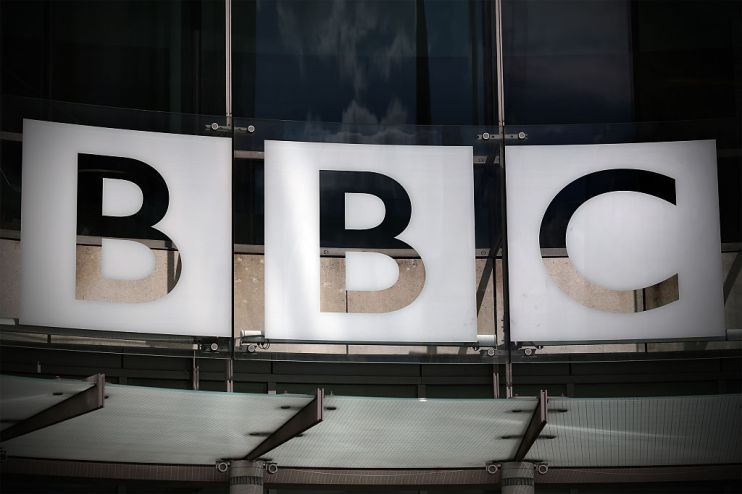New BBC chair Richard Sharp hints at licence fee reform

The incoming chair of the BBC has hinted at a possible overhaul of the licence fee funding model as he vowed to shake up the culture of the public service broadcaster.
Appearing in front of MPs today, Richard Sharp said he believed the licence fee was the “least worst” option and insisted it was fit for purpose.
But he said it “may be worth reassessing” the £157.50 annual charge at the corporation’s next review.
“Like anybody I come at this with an open mind,” he told the culture select committee, adding that the issue of BBC funding was “idiosyncratic”.
The licence fee model has come under fierce scrutiny from critics of the BBC amid tough competition from streaming rivals and accusations ranging from political bias to inefficient spending.
Sharp, who was last week named as the government’s preferred candidate for the BBC top job, pointed to alternative funding models such as a household levy similar to the one used in Germany.
However, he said he was opposed to decriminalisation of the licence fee — a move that is expected to be pushed through by Prime Minister Boris Johnson.
Culture fix
Sharp, a multi-millionaire former Tory party donor and Rishi Sunak’s former boss at Goldman Sachs, today vowed to “rebuild” the culture of the organisation.
The incoming chair said impartiality was the BBC’s biggest problem, citing the broadcaster’s coverage of Brexit.
Sharp said there were “some occasions when it seemed unbalanced”, arguing that more Remainers than Brexiters had appeared on Question Time panels.
But he acknowledged that overall the “breadth of the coverage… was incredibly balanced”.
The veteran City figure also pledged to improve diversity and inclusion at the BBC, pointing to previous controversies such as the equal pay dispute.
“Clearly some of the problems it’s had recently are really rather terrible and reflect a culture that needs to be rebuilt,” he said.
Sharp, whose net worth was once estimated at £150m by the Sunday Times rich list, also said he would donate his £160,000 salary to charity.
It came as BBC director general Tim Davie today doubled down on his commitment to improving impartiality and reforming the broadcaster to bring it up to date for the modern world.
“We need to understand our audiences better than anyone else,” he told BBC staff in an internal webcast. “We need to be speaking to our audiences as much as we can – and reflecting their world.”
Davie also announced that the BBC would commit to net zero carbon emissions by 2030.